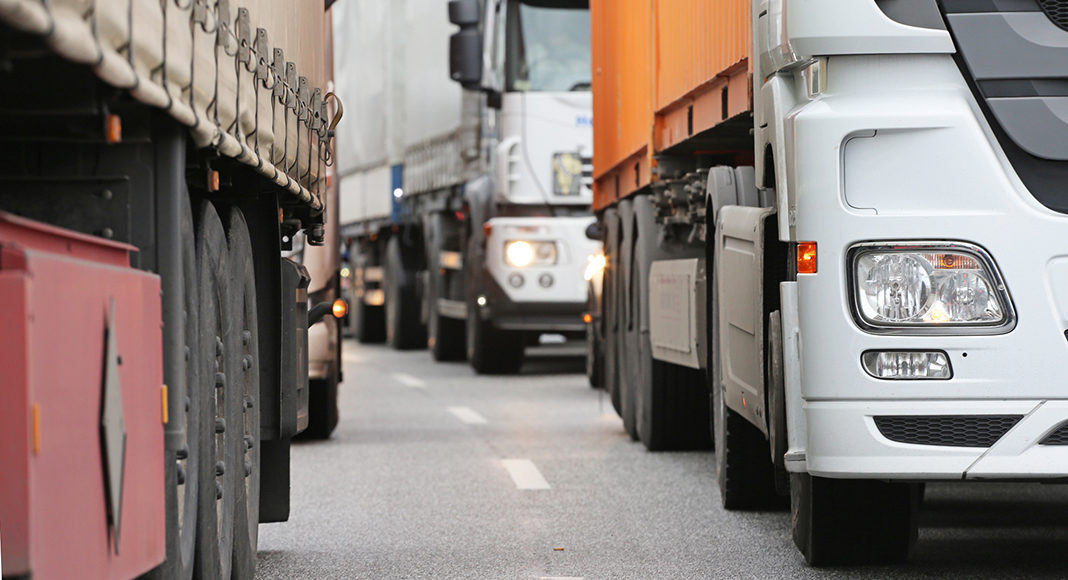The Freight Transport Association (FTA) has released its 2019 Logistics Emissions Review, which includes the latest results of the Logistics Emissions Reduction Scheme (LERS), a voluntary group which seeks to improve the environmental performance of the logistics industry.
According to the review, over the past year LERS members achieved a four percent reduction in their greenhouse gas (GHG) emissions and decreased their average kg of carbon dioxide equivalent (CO2e) per vehicle km to 0.72, from 0.75 in 2017 and 2016.
The report also reflects membersâ efforts to ensure they are operating the cleanest vehicles available; 58 percent of the LERS groupâs HGVs are Euro VI standard, up from the 48 percent recorded in 2017. For vans, 57 percent of membersâ vans meeting the Euro 6 standard, an increase from the 44 percent figure of 2017. There has been a significant drop in the use of Euro 3 vans â down from 22 percent in 2017 to just under three percent.
âWe are thrilled that members of LERS have continued to achieve a downward trend in their emissions since 2010. The scheme has continued to grow throughout the past 12 months and now represents 142 members, accounting for 99,238 commercial vehicles,â said FTAâs Environment Policy Manager, Rebecca Kite.
âThis year we launched an online guide specifically designed to provide fleet operators with advice on reducing their fuel consumption, as well as their emissions. The outcome has been staggering and extremely impressive, with results showing LERS members are 13 percent more fuel efficient than the industry as a whole. With this evidence, we can demonstrate to government that the industry is committed to climate change, without the need for additional regulations and taxation.â
Sponsored by Bridgestone and ExxonMobil, the Logistics Emissions Reduction Scheme (LERS) is a free-to-join industry initiative to record, report and reduce carbon emissions from freight transport. For more information visit: http://lers.org.uk



















